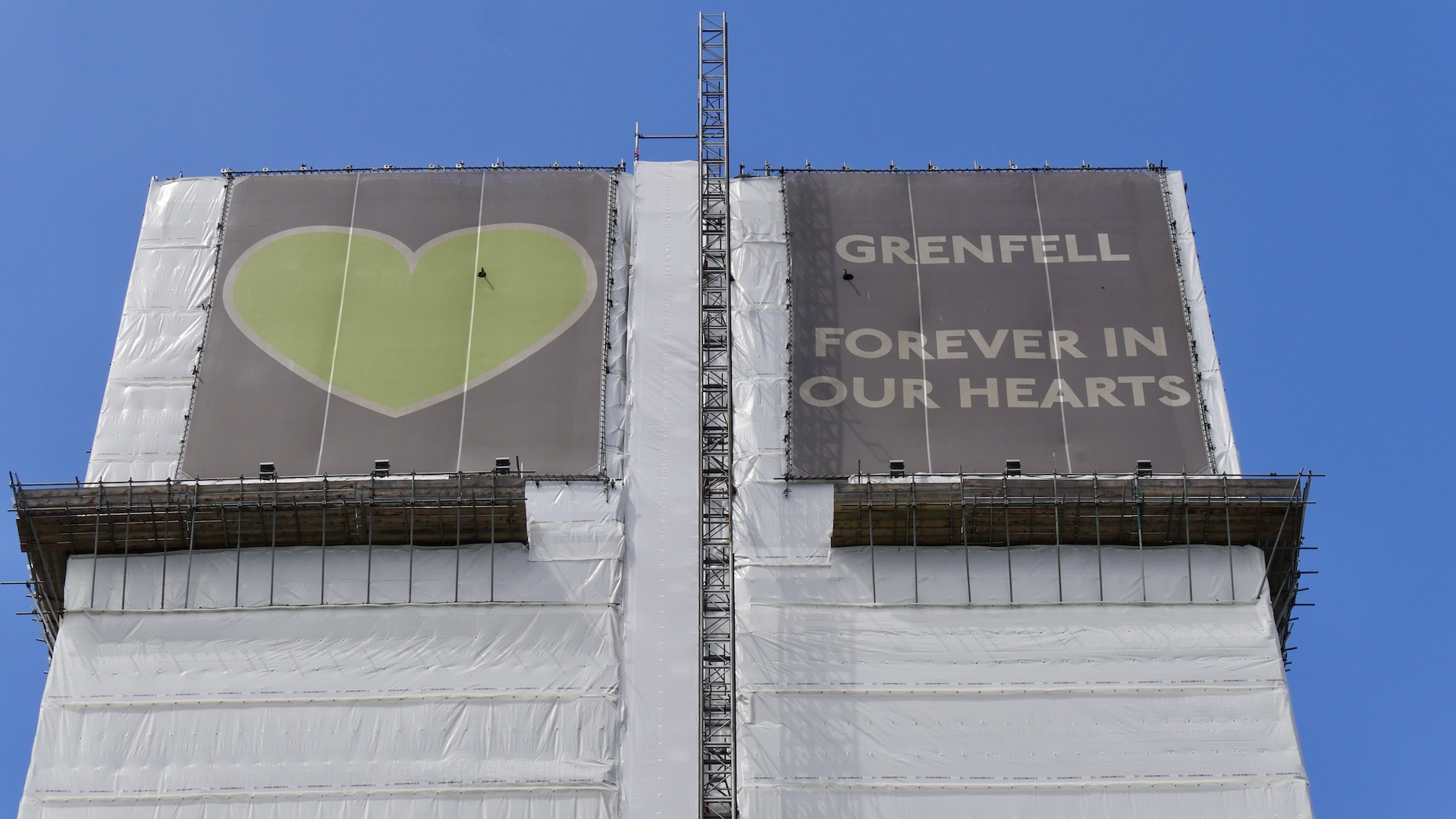The Grenfell Inquiry says it has found no evidence race or social discrimination of the tower’s residents played a part in bringing about the disaster.
But in the long-awaited second report, the inquiry’s panel said some fire survivors were racially discriminated against in the days after the fire “when they were at their most vulnerable”.
72 people died as a result of the fire at Grenfell Tower, London, which took place in June 2017.
Sir Martin Moore-Bick, the inquiry’s chair, said every death was preventable and that residents were failed by organisations including the UK government, Kensington and Chelsea Council, and the London Fire Brigade.
- Council charges Grenfell residents cleaning fee for memorial to victims: ‘Who would think this was fair?’
- Grenfell survivor Tiago Alves: ‘We were all normal people living our normal lives’
“We have seen no evidence that any of the decisions that resulted in the creation of a dangerous building or the calamitous spread of fire were affected by racial or social prejudice and none of those representing the bereaved, survivors or residents has drawn any such evidence to our attention, although they have had access to all the material before us,” said the report.
The report said examining social housing policy, and whether social and racial discrimination was a reason for residents being allocated flats in an unsafe building, was beyond the scope of the inquiry. But said it had also faced calls to look at whether there was a culture of racial and social discrimination at organisations including Kensington and Chelsea Council, and the Tenant Management Organisation.









